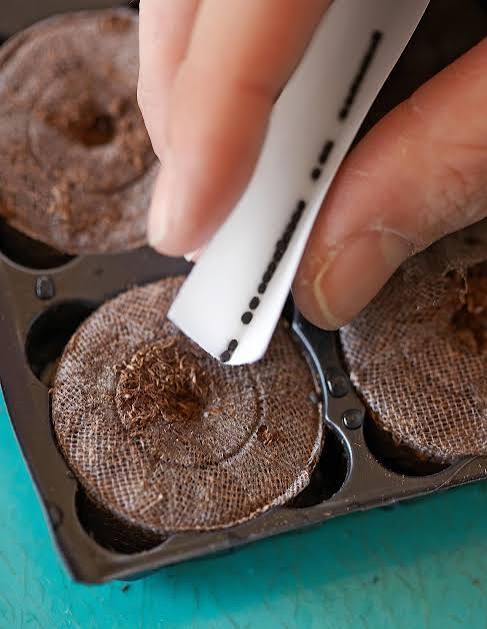Starting plants from seed is one of the most rewarding ways to grow a garden. Whether you’re aiming for vegetables, herbs, or flowers, planting seeds indoors gives you control over timing, quality, and variety. The beauty of this process is that it can be classic and straightforward or creative and innovative—either way, it works beautifully.In this guide, we’ll explore step-by-step instructions, clever hacks, and inspiring ideas to show you why 🥘 classic or creative: how to plant seeds indoors works both ways!Why Start Seeds Indoors?Before diving into the process, here’s why so many gardeners in the United States, United Kingdom, and Canada prefer starting indoors:Head start on the season: Beat unpredictable outdoor weather.Stronger plants: Control light, temperature, and water for healthier seedlings.Wider variety: Grow rare or heirloom plants not found in local nurseries.Saves money: A packet of seeds costs less than buying established plants.Classic Method: How to Plant Seeds Indoors Step by StepFor those who love tried-and-true gardening, here’s the classic approach:Step 1: Gather SuppliesSeed trays or small potsSeed-starting mix (light and well-draining)Labels or markersSpray bottle for wateringStep 2: Prepare ContainersFill seed trays with moist seed-starting mix.Avoid using regular garden soil—it can be too heavy and harbor pests.Step 3: Sow SeedsCheck the seed packet for depth instructions.Place 1–2 seeds per cell or pot.Cover lightly with soil and press gently.Step 4: Provide Light and WarmthPlace trays near a sunny window or under grow lights.Aim for 12–16 hours of light daily.Keep temperature around 65–75°F (18–24°C).Step 5: Water GentlyMist soil with a spray bottle to keep it evenly moist.Avoid overwatering, which can cause damping-off disease.Step 6: Thin and TransplantOnce seedlings have 2–3 sets of leaves, thin weaker ones.Harden off by gradually exposing them to outdoor conditions before transplanting.Creative Ideas for Indoor Seed StartingIf you like thinking outside the box, seed starting is the perfect place to experiment. Here’s how to get creative:1. Upcycled ContainersUse egg cartons, yogurt cups, or even toilet paper rolls as seed starters.Eco-friendly and budget-friendly!2. DIY Greenhouse EffectCover trays with clear plastic wrap to trap moisture and heat.Create mini “greenhouses” for faster germination.3. Creative LightingExperiment with LED grow lights in fun colors.Arrange lights in vertical shelves for a space-saving indoor garden.4. Decorative Herb JarsStart herb seeds like basil or cilantro in glass jars on the kitchen counter.Functional and stylish décor!5. Themed PlantingCreate a “pizza garden” by starting tomatoes, basil, oregano, and peppers together.Or try a “butterfly garden” with milkweed and zinnias for pollinators.This is why 🥘 classic or creative: how to plant seeds indoors works both ways!Practical Tips for SuccessLabel everything: Seedlings often look alike—labels save confusion.Rotate trays: Helps prevent plants from leaning toward light.Fertilize lightly: Once seedlings develop true leaves, use a diluted liquid fertilizer.Be patient: Some seeds take longer to germinate—don’t give up too soon.Common Mistakes to AvoidUsing garden soil indoors – too heavy and may contain pests.Overcrowding seeds – leads to weak, spindly growth.Overwatering – can rot seeds or kill young seedlings.Skipping hardening off – sudden outdoor exposure can shock plants.ConclusionPlanting seeds indoors is both a classic gardening tradition and a creative outlet for innovation. Whether you stick to seed trays and grow lights or experiment with upcycled containers and themed gardens, the results are equally rewarding.By following these steps, you’ll see firsthand why 🥘 classic or creative: how to plant seeds indoors works both ways!. You’ll gain healthier seedlings, extend your growing season, and enjoy the pride of nurturing plants from the very beginning.So grab your seeds, try your favorite method, and watch your indoor garden flourish!

